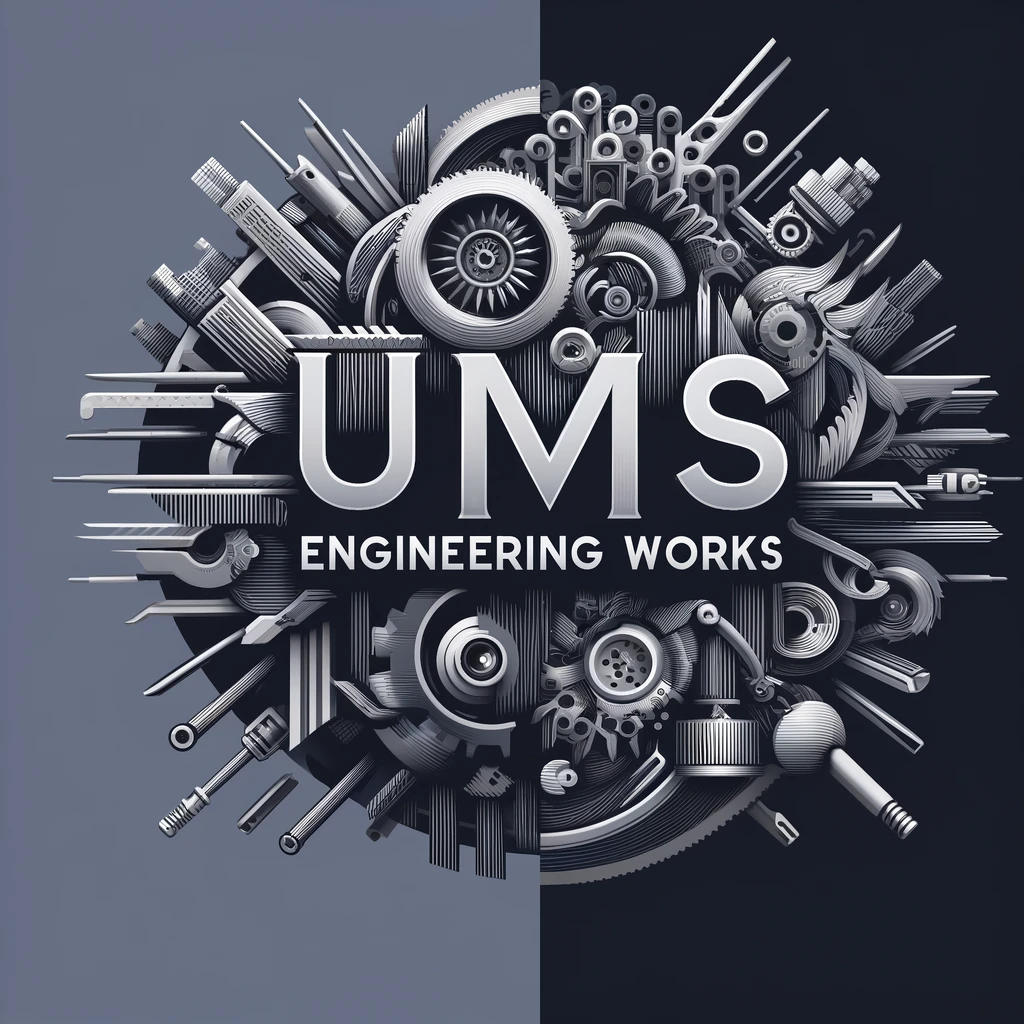The steel manufacturing industry is undergoing a significant transformation with the integration of AI (Artificial Intelligence) and automation. These advancements are enhancing efficiency, precision machining, custom steel component production, and overall process optimization. This blog explores the impact of AI and automation on steel component manufacturing, including benefits, key technologies, and future implications.
1. AI-Powered Precision Machining
AI is revolutionizing precision machining by optimizing CNC machining processes for greater accuracy and efficiency.
- Automated process adjustments: AI algorithms analyze machining conditions in real-time, adjusting cutting speeds and tool movements for optimal precision.
- Defect detection: Machine learning models identify potential defects during production, reducing waste and improving quality.
- Predictive analytics: AI-driven insights help manufacturers anticipate maintenance needs, preventing costly downtime in steel fabrication facilities.
2. Automation in Custom Steel Component Production
Automation plays a crucial role in streamlining the production of custom steel components, ensuring high-quality output with reduced labor costs.
- Robotic welding systems: Increase speed and accuracy in joining steel components, enhancing structural integrity.
- Automated material handling: Robotics manage inventory and transportation of raw materials, minimizing manual intervention and errors.
- Smart production lines: AI-powered automation enables seamless coordination between different manufacturing stages, improving overall workflow efficiency.
3. Digital Twin Technology and AI-Driven Simulation
Digital twins are AI-powered virtual replicas of manufacturing processes that enable real-time monitoring and process optimization.
- Predictive maintenance: By simulating production scenarios, manufacturers can detect machinery failures before they occur.
- Process optimization: AI-driven simulations allow for real-time modifications, improving productivity and reducing resource consumption.
- Enhanced product development: Virtual modeling ensures that custom steel components meet exact specifications before actual production.
4. Smart Quality Control and Defect Prevention
AI-based quality control systems ensure that steel component manufacturing meets the highest standards.
- Machine vision technology: AI-powered cameras detect defects with unparalleled precision.
- Automated inspection processes: AI enhances quality checks, reducing human error and speeding up production cycles.
- Real-time feedback loops: AI systems provide instant feedback, allowing manufacturers to correct deviations immediately.
5. The Future of AI and Automation in Steel Manufacturing
As AI and automation continue to evolve, the future of steel fabrication will witness:
- Fully autonomous production lines with minimal human intervention.
- Advanced AI-driven supply chain management for real-time inventory tracking.
- Sustainable and energy-efficient manufacturing processes, reducing carbon footprint.
- AI-driven demand forecasting to optimize production schedules and reduce waste.
Conclusion
AI and automation are redefining steel component manufacturing, making processes more efficient, cost-effective, and sustainable. Companies investing in precision machining, custom steel components, and CNC machining technologies will gain a competitive edge in the evolving global steel industry.
At UMS Engineering Works, we are committed to integrating AI and automation into our steel fabrication processes to deliver high-quality, custom steel components. Contact us today to explore how our innovative solutions can benefit your business.
Stay Updated with UMS Engineering Works
Follow us for more insights into the latest advancements in steel manufacturing and automation trends!
